Drone Law - Special Edition of Entertainment Law Update Podcast Episode 74
Click the arrow in the box below to listen to Entertainment Law Update Podcast Episode 74.
Attorney Enrico Shaffer from Traverse Legal joins media lawyer Tamera Bennett and film lawyer Gordon Firemark on the Entertainment Law Update Podcast to discuss the latest developments and regulations in the area of Drone Law. After the special conversation with Enrico, please keep listening for the latest on Prince's estate and more.
This informative conversation provides the basic "do's and don'ts" for operating a drone for commercial purposes. Enrico answers questions like, "Could I be fined if I don't have a 333 Exemption?" "Can the FAA regulate drone operations?" "Why can't I fly over a crowd or fly at night?" "What's the difference between a commercial purpose and recreational use of a drone?" "Will Tinkerbell be flying on a drone at Disneyland?"
Below is a partial checklist for compliance with Drone FAA regs (and some common sense). The checklist doesn’t cover everything but is a good place to start. Please review all FAA rules and regulations on commercial operation for drones.
“Practice pointer: Have the drone pilot or the camera operator (if it is someone different than the drone pilot) sign a work for hire agreement and/or copyright assignment to make sure the drone pilot cannot claim a copyright interest in the images captured by the camera on the drone.”
- Maintain a valid Unmanned Aircraft System (sUAS) Registration with the FAA;
- Drone is physically marked with the sUAS registration number (N-number);
- Comply with all rules, regulations, and applicable laws whether local, state, or federal for the operation of an Unmanned Aircraft System;
- Secure an approved FAA Exemption under Section 333 (it could be months or longer before the new Part 107 - which will replace Section 333 - is approved and implemented);
- Airworthiness certification from the FAA for the drone;
- Fly the drone below 400 feet and remain clear of surrounding obstacles;
- Keep the drone within visual line of sight at all times;
- Remain well clear of and do not interfere with manned aircraft operations;
- Do not fly within 5 miles of an airport;
- Do not fly near people or stadiums (500 feet or the equivalent to a city block away from people or structures);
- Do not fly a drone that weighs more than 55 pounds;
- Do not fly at night;
- The operator of the drone holds a valid airline transport, commercial, private, recreational, or sport pilot certificate;
- Operator of drone will not be negligent, careless, or reckless in the operation of the drone;
- Confirm there are no airspace restrictions where the drone will be flown;
- Maintain a commercial drone liability insurance policy (this will most likely be a rider to a commercial insurance policy).
You can find comprehensive information on drone law issues and FAA regulations at Enrico's website at www.dronelaw.pro.
We love listener feedback. Michael posted this comment in the Apple iTunes podcast store:
“EntLaw Update does a phenomenal job of keeping you current on issues of interest to anyone working at the intersection of law and media. Hosts Gordon Firemark and Tamara Bennett are personable and engaging, presenting stories in well-organized fashion that often leaves room for humor. As an avid consumer of law podcasts, I have to say this one is my favorite — if you need a reminder that the law isn’t *always* boring, Entertainment Law Update is what the doctor ordered! ”

